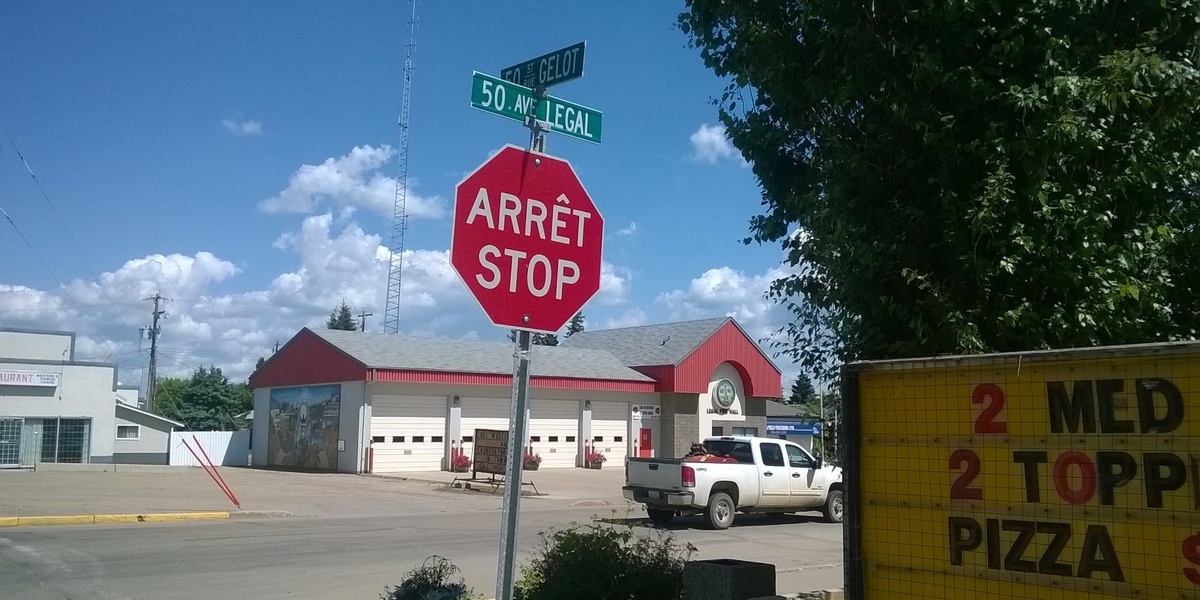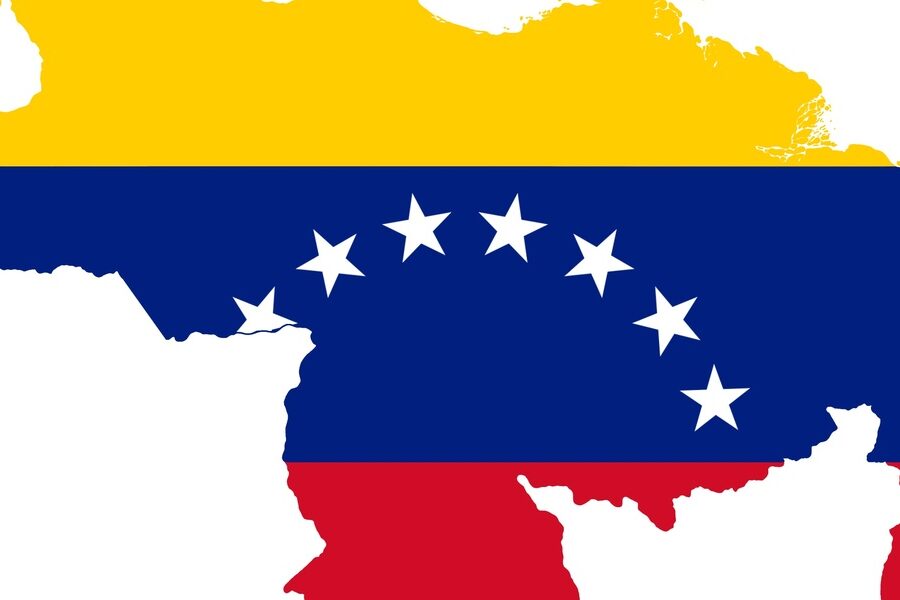Canada’s language landscape reflects Indigenous traditions, immigration waves, and federal-provincial policies, so official status can look very different from one place to another. Understanding which languages are recognized where helps when researching services, legal rights, or local signage.
There are 14 Official Languages in Canada, ranging from Alberta to Yukon. For each entry the list below is organized under Official languages,Legal basis,Effective date — you’ll find below.
Which jurisdictions recognize more than one official language?
At the federal level Canada recognizes English and French; provinces and territories vary—New Brunswick is officially bilingual, some territories recognize multiple Indigenous languages alongside English or French, and other provinces handle language rights through legislation or services rather than formal bilingual status. Check the Legal basis column in the list below for exact authority and scope.
How is the ‘Effective date’ for an official-language designation determined?
The Effective date reflects when the law, regulation, or proclamation that granted the status came into force; it can be the date a statute was passed, a later proclamation date, or a phased implementation schedule, so consult the Legal basis entry for the primary source and any notes.
Official Languages in Canada
| Jurisdiction | Official languages | Legal basis | Effective date |
|---|---|---|---|
| Canada | English; French | Constitution Act, 1982 s.16; Official Languages Act | 1982 |
| New Brunswick | English; French | Constitution Act, 1982 s.16.1; Official Languages Act | 1982 |
| Quebec | French | Charter of the French Language (Bill 101) | 1977 |
| Ontario | English; French (designated areas) | French Language Services Act | 1986 |
| Manitoba | English; French | Manitoba Act, 1870; Supreme Court reference (language rights affirmed) | 1870 |
| Saskatchewan | English; French (limited services/education) | Legislative language practice; Charter s.23 minority rights | 1982 |
| Alberta | English; French (education/minority rights) | Legislative language practice; Charter s.23 minority rights | 1982 |
| British Columbia | English; French (limited services) | Legislative language practice; Charter s.23 minority rights | 1982 |
| Nova Scotia | English; French (designated services/education) | Legislative language practice; Charter s.23 minority rights | 1982 |
| Prince Edward Island | English; French (services/education protections) | Legislative language practice; Charter s.23 minority rights | 1982 |
| Newfoundland and Labrador | English; French (limited services) | Legislative language practice; Charter s.23 minority rights | 1982 |
| Yukon | English; French; Yukon First Nations languages (recognized) | Territorial Official Languages Act and amendments | 2002 |
| Northwest Territories | English; French; multiple Indigenous languages | Official Languages Act (NWT) | 1984 |
| Nunavut | Inuktut (Inuktitut, Inuinnaqtun), English, French | Nunavut Act; Nunavut Official Languages Act | 1999 |
Images and Descriptions

Canada
Federal institutions must offer services in both languages; right to use either in Parliament and federal courts. Practical delivery varies by region and designated bilingual offices; minority education rights protected.
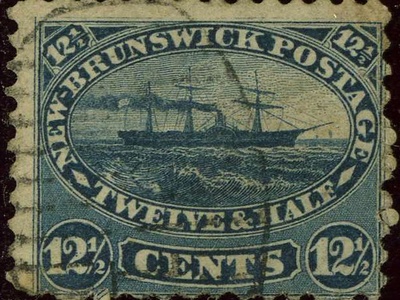
New Brunswick
Only officially bilingual province; legislature, courts and many services available in both languages. Dual-language education systems and government services are widely available, though implementation varies by program and locality.

Quebec
French is the province’s official language for government, business signage and public administration. English-language education and federal services remain protected in limited circumstances; English services are more available in anglophone-majority areas.

Ontario
Provincial government must provide French services in legally designated regions; francophone education rights protected. English is the dominant working language of most provincial institutions; availability of French services depends on location.
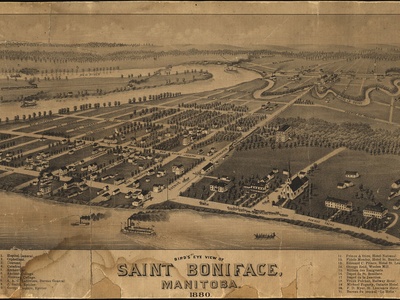
Manitoba
Bilingual requirements exist for legislature and courts under the Manitoba Act, reaffirmed by courts in 1985. French-language education and some services are available, but provincewide service levels vary.
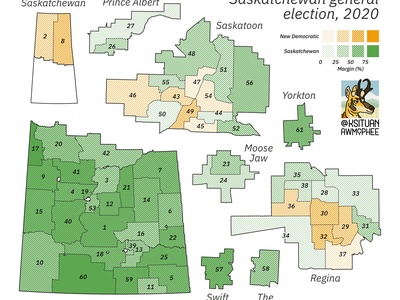
Saskatchewan
English is the predominant language of government and legislation; francophone education and some services are legally protected under constitutional minority-rights provisions. Public French services are limited and region-specific.

Alberta
English is the main language of provincial institutions; minority-language education rights protect francophone schooling. French services exist in select programs or regions but are not universally guaranteed.

British Columbia
English is the working language of government and courts; francophone education and some services are protected by constitutional rights. French-language government services are limited and mostly regional.

Nova Scotia
English dominates provincial government operations; French-language education and specific services are legally protected for minority communities. Provincial availability of French services is limited and often regionally focused.

Prince Edward Island
Government business is primarily in English; francophone education and some public services are protected and available in areas with Acadian communities, though services remain limited provincewide.
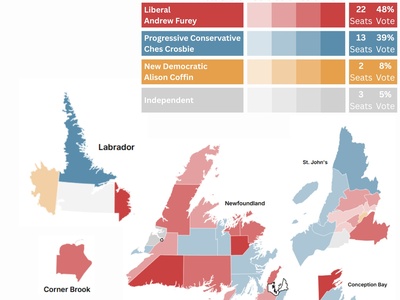
Newfoundland and Labrador
English is the primary government language; francophone education and some services are protected for minorities. French-language services exist in select programs and regions but are not broadly mandated.
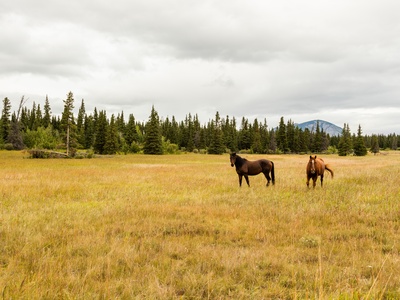
Yukon
Yukon formally recognizes English, French and several First Nations languages for cultural recognition and some services. Practical service delivery in Indigenous languages is limited; English/French remain main administrative languages.
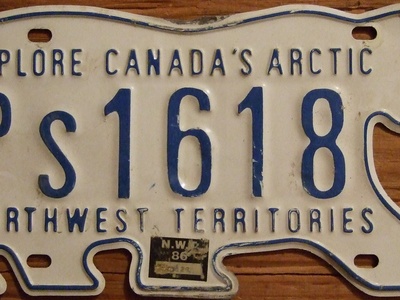
Northwest Territories
Recognizes English, French and numerous Indigenous languages as official; supports interpretation, education and government services in several languages. Full service availability varies by community and resource capacity.
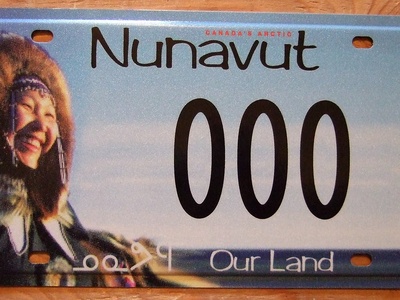
Nunavut
Nunavut recognizes Inuit languages alongside English and French. Government must support use of Inuit languages in services and education where practicable; resource limits mean service levels vary by community.

